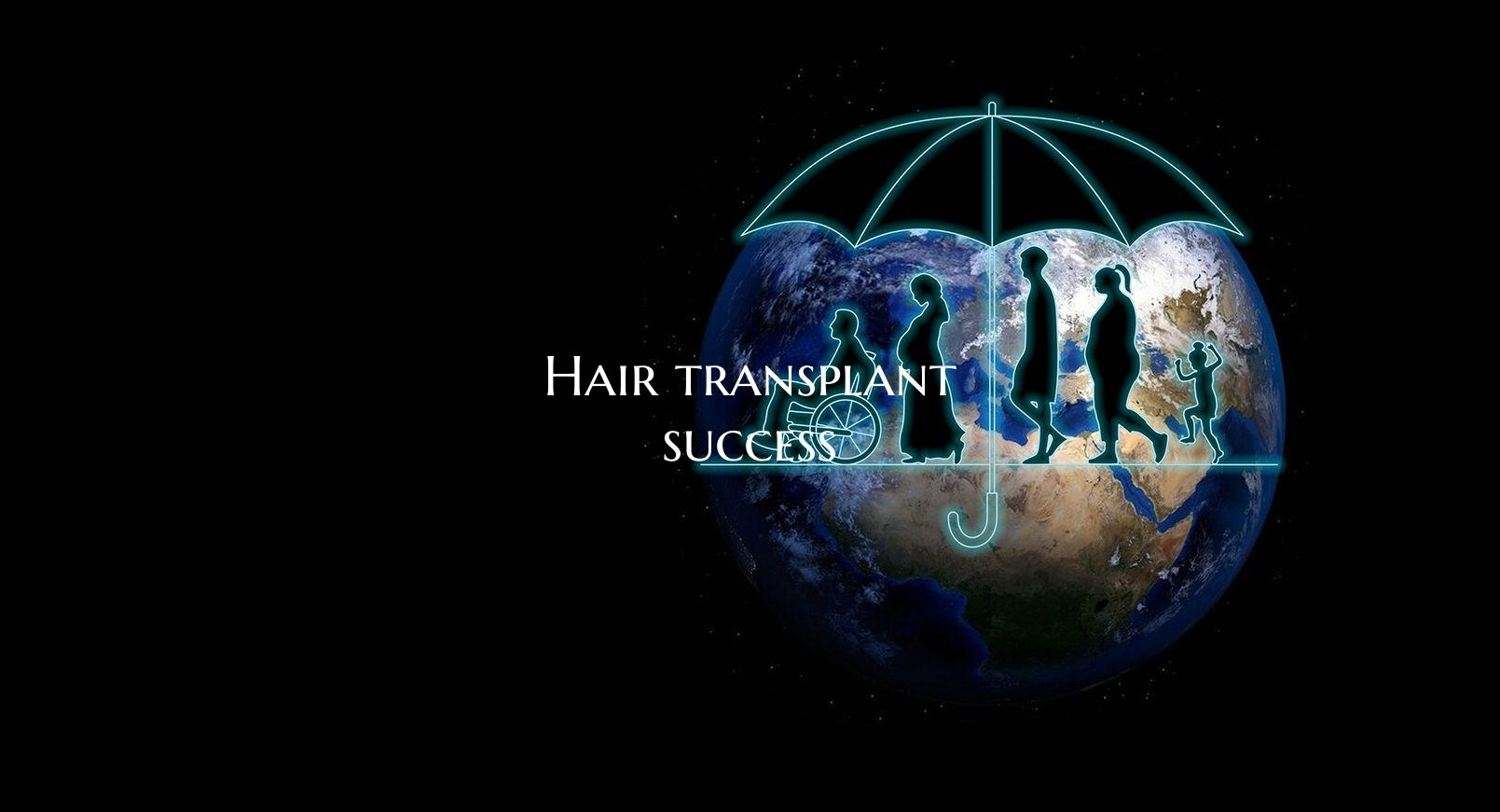
Hair transplant success
Hair transplant surgery has become a popular and effective solution for individuals struggling with hair loss. It offers a permanent and natural-looking remedy to restore hair density and confidence. Understanding the factors that contribute to successful hair transplant outcomes is crucial for anyone considering this procedure.
1. Choosing a Reputable Surgeon: The first step towards achieving hair transplant success is selecting a board-certified and experienced surgeon. Research their credentials, view before-and-after photos of their work, and read patient testimonials to ensure they have a track record of delivering excellent results.
2. Personalized Consultation: A thorough consultation with the surgeon is essential to discuss your goals and expectations. During this meeting, the surgeon will assess your hair loss pattern, donor hair availability, and overall candidacy for the procedure. A customized treatment plan will be crafted based on these factors.
3. Understanding Different Techniques: There are two primary methods of hair transplant – Follicular Unit Transplantation (FUT) and Follicular Unit Extraction (FUE). Each technique has its own advantages and considerations. Your surgeon will recommend the most suitable approach for your specific needs.
4. Preparation and Aftercare: Prior to the procedure, follow your surgeon's pre-operative instructions diligently to ensure optimal conditions for the surgery. Post-operatively, adhere to the recommended aftercare guidelines to promote healing and maximize graft survival. Avoid strenuous activities and follow a prescribed medication schedule.
5. Patience and Realistic Expectations: Hair transplant results are not immediate and require patience. It takes several months for the transplanted hair to grow and achieve full thickness. Manage your expectations and understand that final outcomes may take up to a year to become fully evident.
6. Commitment to Maintenance: While transplanted hair is permanent, it's important to remember that existing non-transplanted hair may continue to thin over time. Following the procedure, your surgeon may recommend hair loss prevention treatments or maintenance sessions to preserve the results long-term.
7. Lifestyle Changes: Adopting a healthy lifestyle, including a balanced diet, regular exercise, and stress management, can positively impact the success of your hair transplant. Maintaining overall wellness supports the health of your hair follicles and promotes optimal growth.
By considering these essential factors and working closely with your chosen surgeon, you can increase the likelihood of achieving a successful hair transplant outcome. Embrace the transformative power of hair restoration and regain your confidence with a fuller, natural-looking head of hair.